President William Ruto has come out strongly in defense of the controversial construction of a church within State House grounds, dismissing mounting criticism from civil society and political figures as “cheap propaganda” and affirming the government’s commitment to what he termed a national “spiritual responsibility.”
Speaking during a Sunday service held at the site of the new chapel, President Ruto addressed growing public concerns that taxpayer money is being used for religious purposes, asserting that the project is a matter of spiritual necessity rather than political excess.
“We are a God-fearing nation,” Ruto declared. “Building a church in State House is not just symbolic — it is a declaration of our spiritual priorities as a country.”
The president’s remarks follow a wave of criticism sparked by revelations that the new State House chapel is being constructed under what some observers believe is a blurred line between church and state. While the exact budget for the project remains undisclosed, activists and opposition politicians have demanded transparency and accountability, questioning the legality and morality of using state resources for religious infrastructure.
But Ruto, known for his deep Christian faith and frequent participation in church services, dismissed the backlash as “empty noise.”
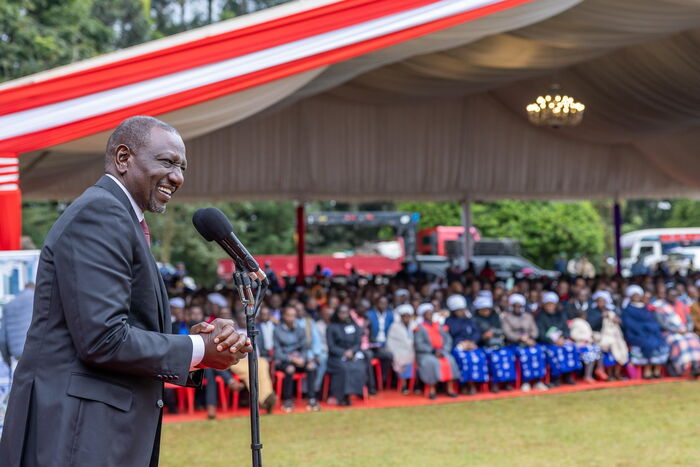
“Wacheni porojo,” he said in Kiswahili, directly addressing critics. “The work of praising God should not be turned into a political tool. We will build the church, and we will continue to pray.”
His comments were met with applause from a congregation composed of high-ranking government officials, clergy, and invited guests.
However, rights groups, including the Katiba Institute and the Law Society of Kenya (LSK), have called for a full audit of the project. They argue that the involvement of the state in sponsoring or constructing places of worship, particularly within an official residence, may contravene the Constitution’s principle of state neutrality in religious matters.
Former Chief Justice Willy Mutunga also weighed in over the weekend, warning that such actions could set a dangerous precedent for future administrations to exploit state institutions for religious or political gain.
“This is not just about a church,” Mutunga posted on X. “It’s about the slow erosion of secularism in our governance. Today it’s a chapel in State House, tomorrow it could be religious edicts becoming law.”
Opposition leader Raila Odinga, while refraining from direct criticism of the president’s faith, questioned the government’s priorities amid a national cost-of-living crisis.
“Kenyans are struggling to afford unga and school fees,” Raila said during a rally in Kisumu. “And instead of focusing on economic reforms, State House is focusing on sanctuaries.”
The controversy has ignited an online firestorm, with Kenyans deeply divided. While some hail the president’s commitment to God, others argue that such displays of piety should not be funded by the public purse.
As the debate intensifies, government insiders have suggested that the church is being funded through private donations from faith-based organizations and well-wishers, although no official documentation has been provided to support these claims.
This is not the first time President Ruto’s religious convictions have drawn political attention. His routine visits to churches across the country, often accompanied by hefty financial contributions, have previously raised questions about the intersection of faith and public office.
Yet for Ruto, the message is clear: the State House chapel is here to stay — and he will not back down.
“We will continue to pray for the nation. We will continue to worship,” he said. “And we will not apologize for it.”
As Kenyans await further disclosures about the financing and long-term purpose of the State House church, the development continues to stir strong emotions, setting the stage for yet another heated clash over governance, accountability, and faith in public service.




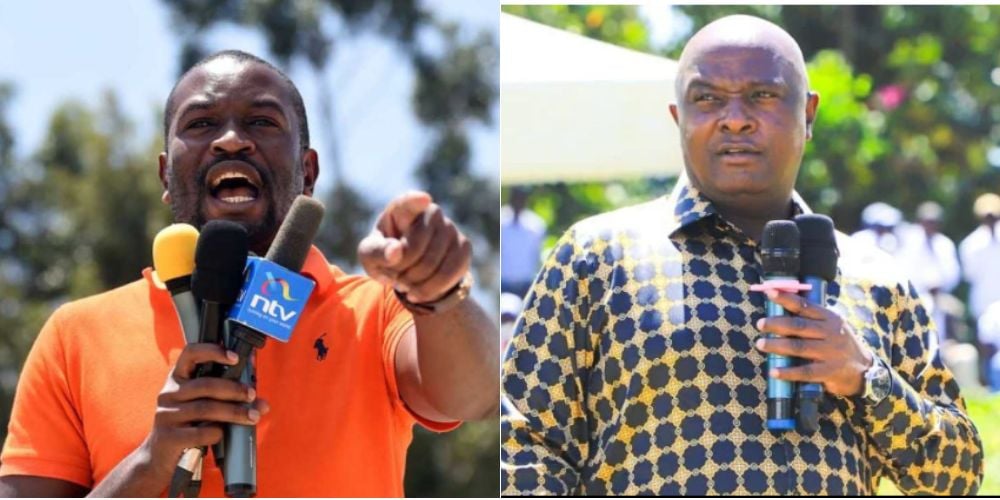
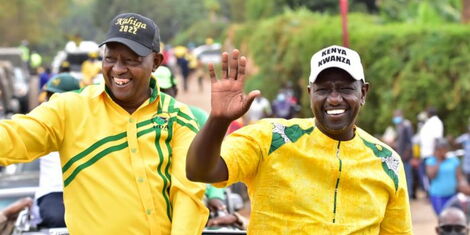
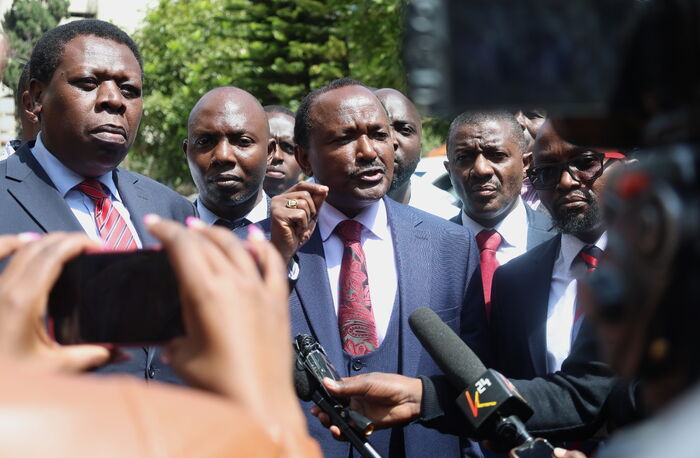
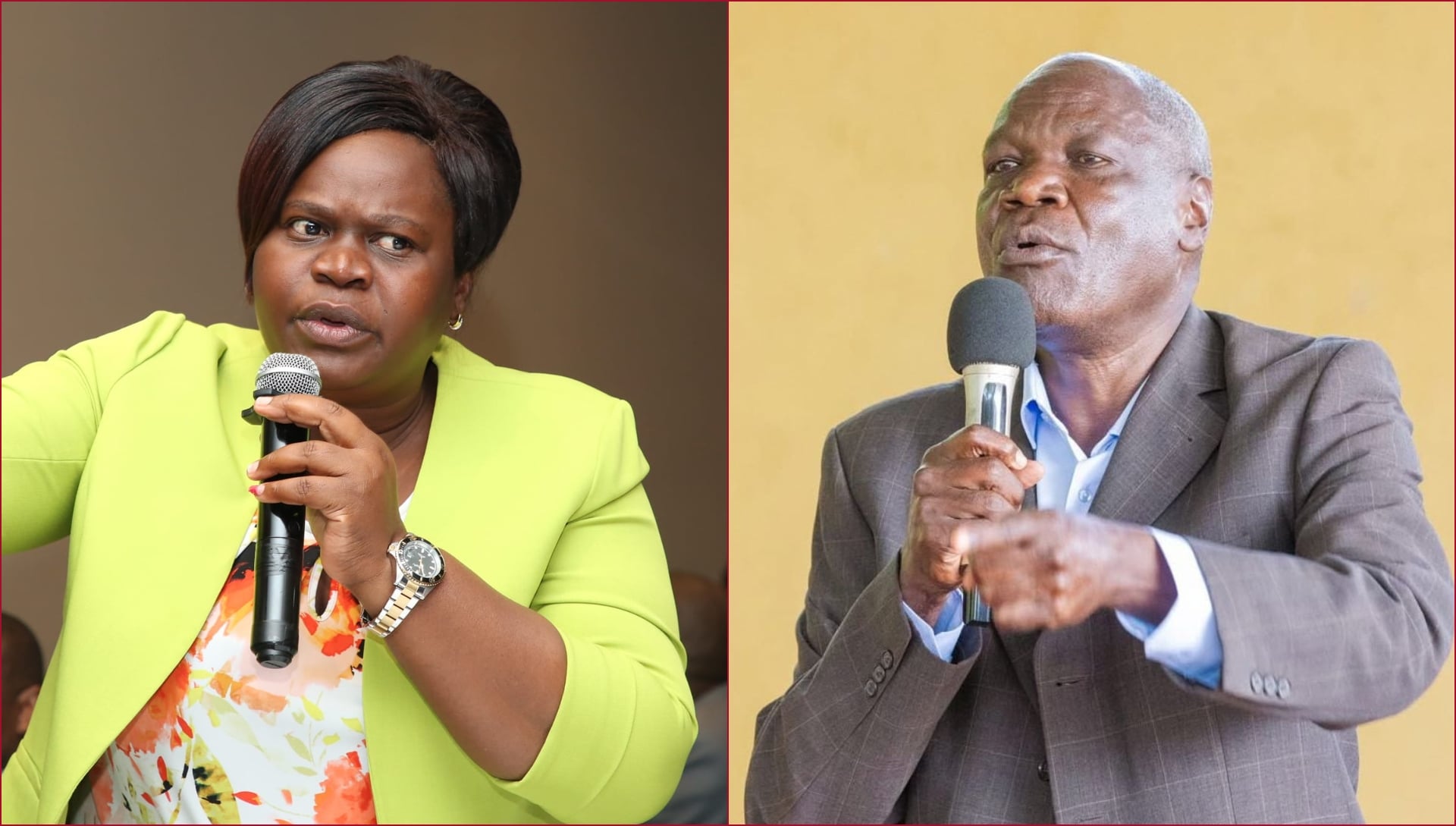
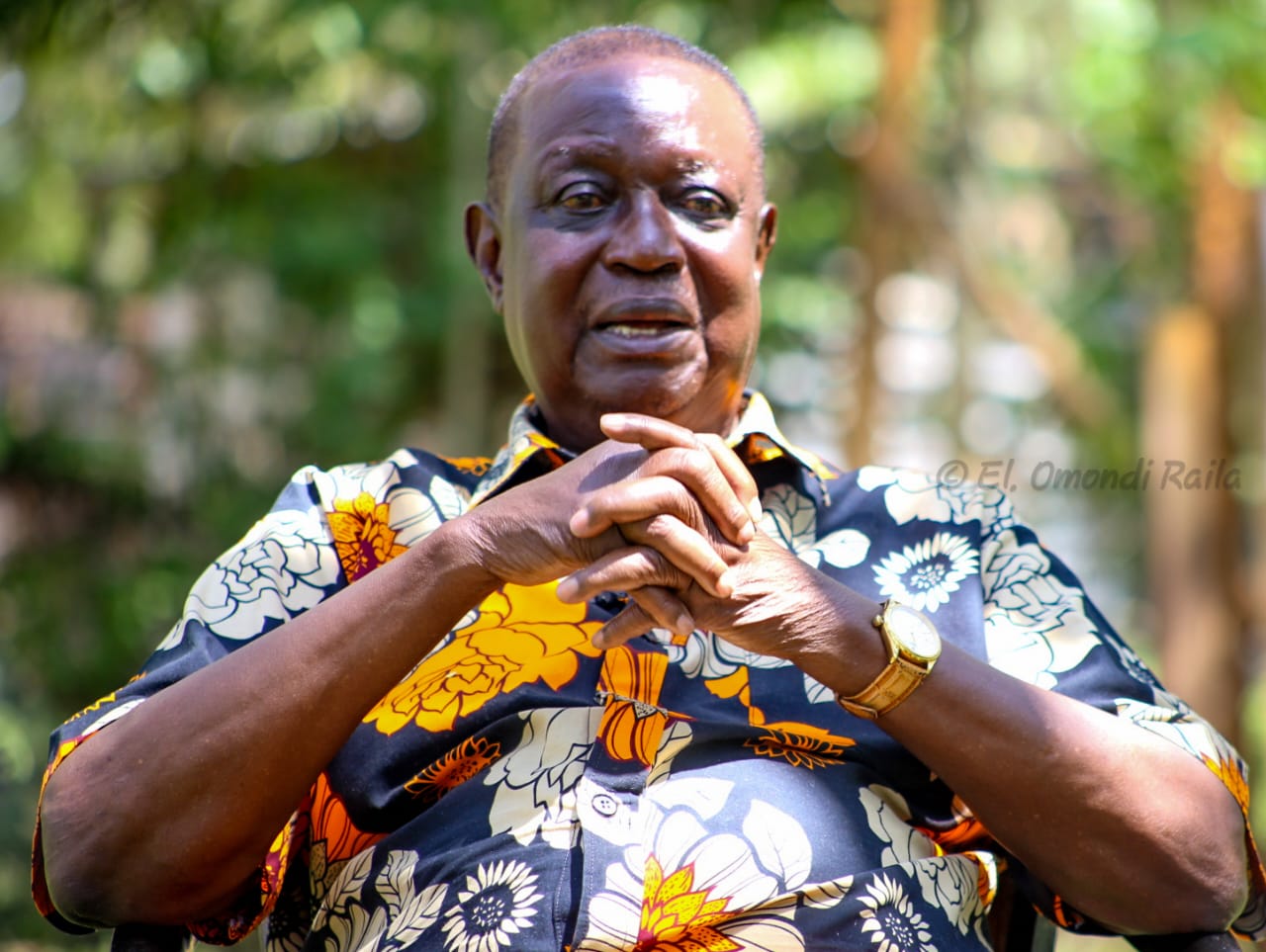
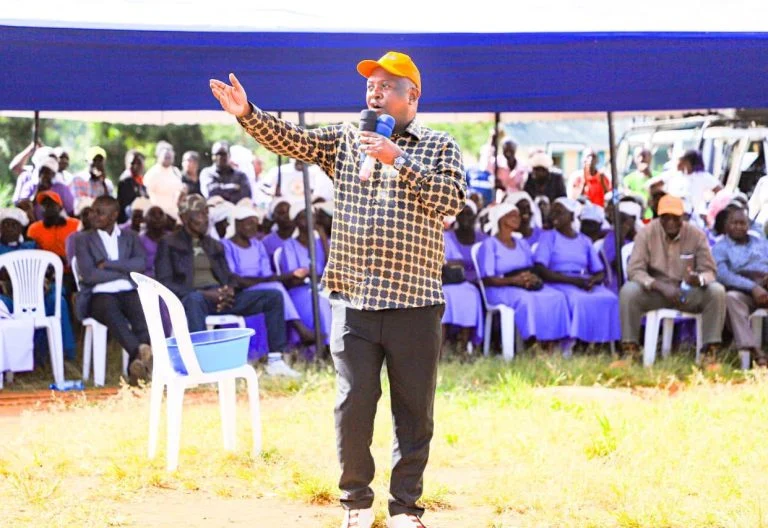
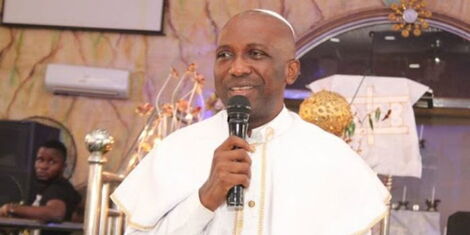
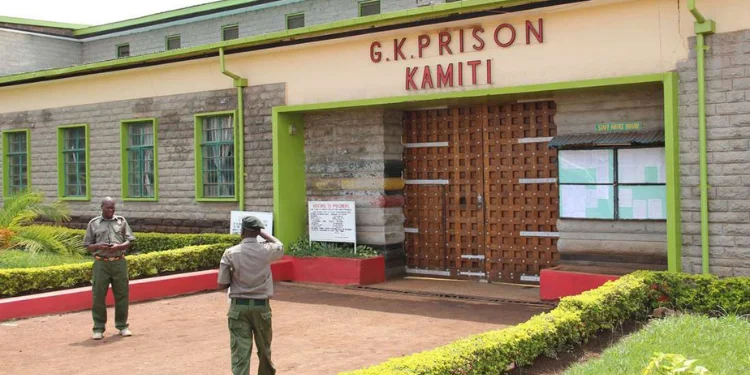

Leave a Reply